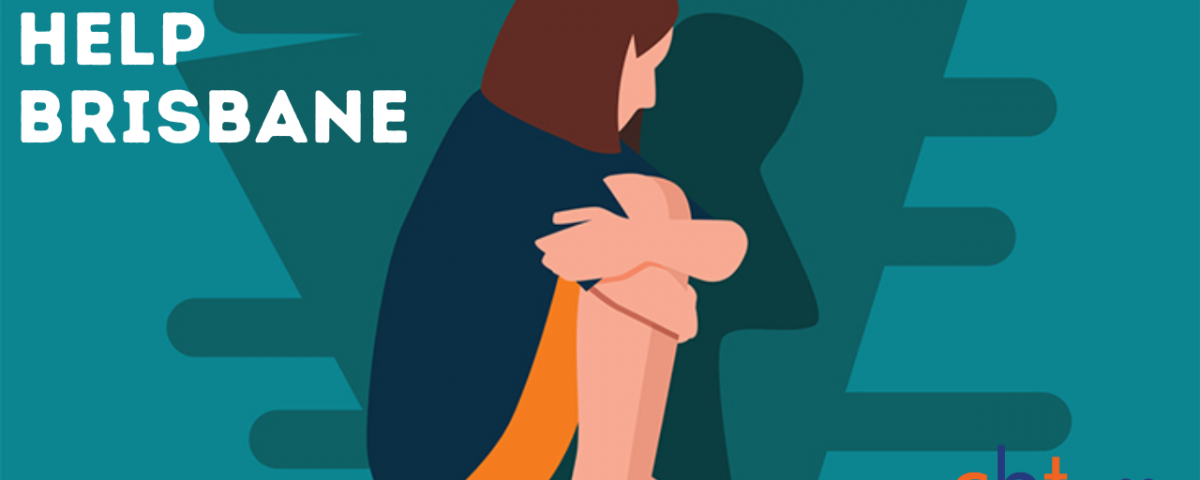EMDR Therapy for Trauma Brisbane
EXPERIENCING TRAUMA?
Trauma can occur at any age and is a response to a deeply distressing or disturbing event. This event overwhelms an individual’s ability to cope. It causes feelings of helplessness, diminishes their sense of self and their ability to feel a full range of emotions and experiences. Trauma can affect how you feel and think, and your physical wellbeing. At our Mount Gravatt location, we offer effective EMDR Therapy for Trauma Brisbane.
Symptoms of trauma can include a cocktail of emotional, psychological and physical symptoms. These include as nausea, difficulty breathing, dizziness, altered sleep patterns, frequent or reoccurring nightmares. Further, changes in appetite/ easting disorder development, headaches and gastrointestinal problems. Individuals can experience flashbacks, shame, guilt, emotional outbursts, sadness and can potentially lead to relationship issues. The long term affects include depression, anxiety, dissociative disorders and alcohol or substance abuse.
While there are no set criteria to evaluate which events will cause trauma symptoms. Circumstances typically involve the loss of control, betrayal, abuse of power, helplessness, pain, confusion and/or loss. An event can include a serious accident, a long-term relationship breakdown, childhood trauma and a physical assault. Additionally, events such as a natural disaster, sexual assault or abuse, loosing someone unexpectedly and/or witnessing a disturbing sight.
Everyone will respond in their own unique way to a traumatic event.
TRAUMA AND YOUR HEALTH
People affected by trauma may develop coping mechanisms to help alleviate the emotional and/or physical pain they feel as a result of trauma. Sometimes, these strategies involve maladaptive behaviours. These include unhealthy eating, tobacco use, or drug and alcohol use. These coping mechanisms may provide some relief, but they can also simultaneously contribute to anxiety, social isolation, and chronic diseases.
Research indicates that individuals who have experienced 4 of more traumatic events in their lifetime are:
- 2 times as likely to smoke
- 5 times more likely to have sexually transmitted infections
- 4 times more likely to have chronic obstructive pulmonary disease
- 7 times more likely to consider themselves an alcoholic
- 10 times as likely to have injected street drugs
- 12 times as likely to have attempted suicide
EMDR THERAPY CAN HELP
Individuals experiencing trauma benefit from working with a therapist or therapy that is trauma-focused or trauma-informed. This therapy includes EMDR (eye movement desensitization and reprocessing).
EMDR Therapy is an effective, clinically validated psychotherapy technique used to treat trauma. It is a structured and focused approach to treating trauma by reconnecting the individual in a safe and controlled way to the images, self-thoughts, emotions, and body sensations associated with the trauma. Over time, exposure to these traumatic memories will no longer induce negative feelings and distressing symptoms. The traumatic memory will simply just become a memory from your past – releasing its power over your mind and body.
WHAT TO EXPECT IN EMDR THERAPY
After you and your therapist agree that EMDR Therapy is a good fit. The therapist will carefully guide you through the phases of EMDR Therapy.
You will be asked to focus on a specific traumatic event. Attention will be given to a negative image, belief, emotion, and body feeling related to this event, and then to a positive belief that would indicate the issue was resolved.
While you focus on the event causing trauma symptoms, your highly trained trauma therapist will begin sets of side-to-side eye movements, sounds, or taps. You will be guided to notice what comes to mind after each set. You may experience shifts in insight or changes in images, feelings, or beliefs regarding the event.
The process of EMDR Therapy is to create a learning state that will allow experiences that are causing problems to be absorbed and stored appropriately in your brain.
FIND AN EMDR THERAPIST BRISBANE
Ania Harnden is the newest therapist to join our highly skilled team of mental health specialists at CBT Professionals, working out of our Mount Gravatt clinic in Brisbane. She is an experienced individual, that can assist with EMDR Therapy for Trauma Brisbane.
She is a passionate, highly experienced and accredited Mental Health Social Worker who specialises in EDMR therapy for trauma help. Ania holds a Bachelor of Social Work (Honours) and has more than fifteen years clinical experience working with families, adults and children of all ages and cultural backgrounds! Ania takes a holistic, strengths-based, trauma, attachment, and family informed approach to her work. She draws from a variety of methods to create a tailored approach for each individual and situation. In her practice as a EMDR Therapist, Ania will tailor her session to the client’s individual needs and trauma.

Is trauma impacting your life? Contact us now via telephone (07) 3102 1366 or online enquiry to book an appointment and take the first step on your path to overcoming your trauma with EDMR Therapy.
Read further about trauma in some of our previous blogs – click here or here.
If your trauma requires urgent help, please reach out to organisations like Beyond Blue. Call the mental health helpline on 1300 22 4636. Call Lifeline’s 24-hour crisis support line on 13 11 14. Further, you are in a medical emergency, call 000. Or go to the emergency department of your closest hospital.
Disclaimer: Firstly, content on this website is provided for education and information purposes only and is not intended to replace advise from your doctor or registered health professional. Secondly, readers are urged to consult their registered practitioner for diagnosis and treatment for their medical concerns. Lastly, CBT are not an emergency service, please call 000 in an emergency.
REFERENCES:
Relationship of Childhood Abuse and Household Dysfunction to Many of the Leading Causes of Death in Adults)
Australian Psychological Society. Tip Sheet ‘Understanding and managing psychological trauma’.
Bisson, J & Andrew, M 2007. ‘Psychological treatment of post-traumatic stress disorder (PTSD)’. Cochrane Database of Systematic Reviews, Issue 3 Art.
Lee, A. (2020). 7 Tools for Managing Traumatic Stress. Nami. https://nami.org/Blogs/NAMI-Blog/October-2020/7-Tools-for-Managing-Traumatic-Stress
Lee, A. (2020). 7 Tools for Managing Traumatic Stress. Nami. https://nami.org/Blogs/NAMI-Blog/October-2020/7-Tools-for-Managing-Traumatic-Stress
EMDR Therapy for Trauma Brisbane
EMDR Therapy for Trauma Brisbane
THREE CONVENIENT LOCATIONS
MOUNT GRAVATT
Mt Gravatt Medical PrecinctSE 105, 1808 Logan Rd
Upper Mount Gravatt QLD 4122


